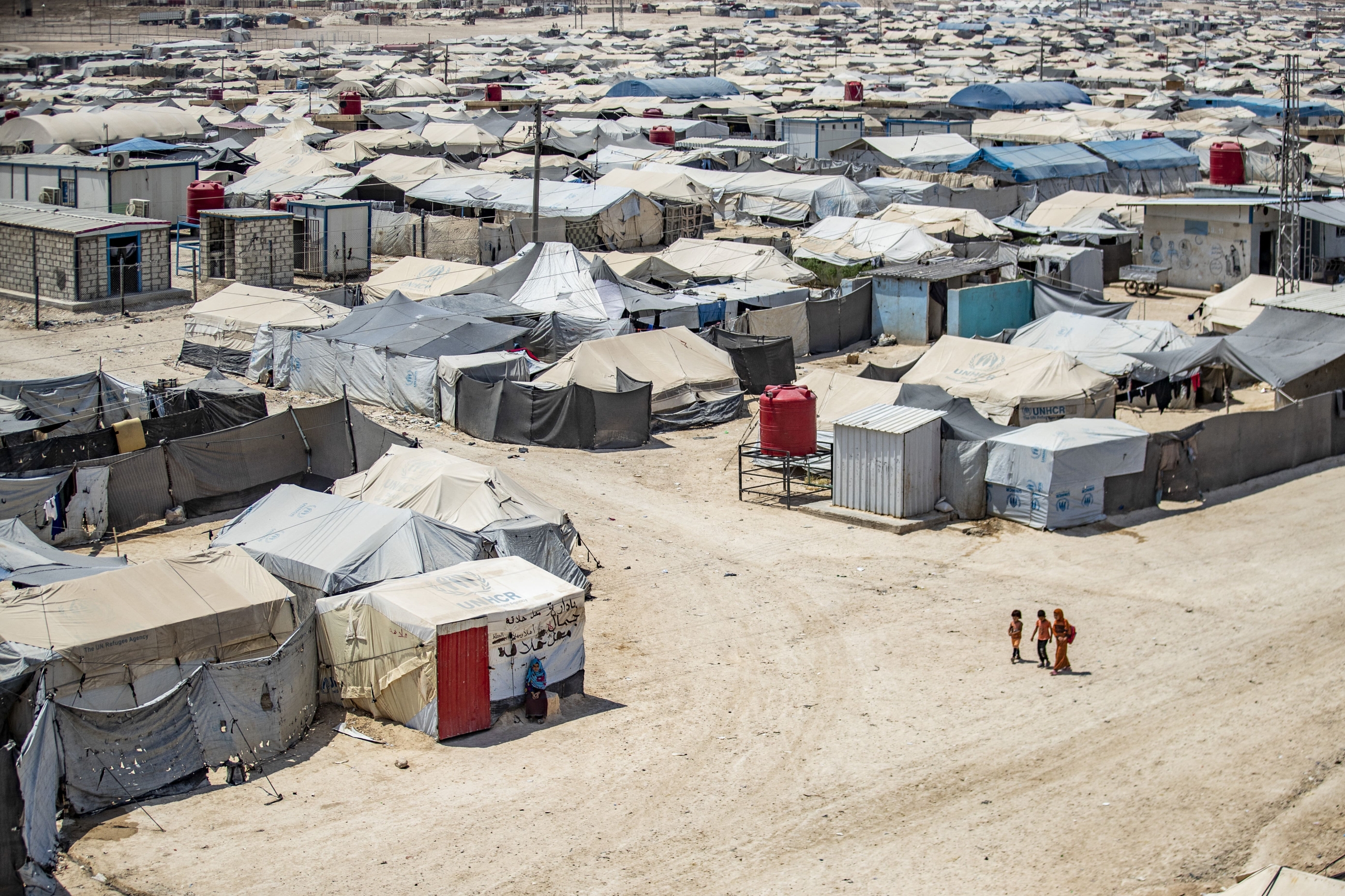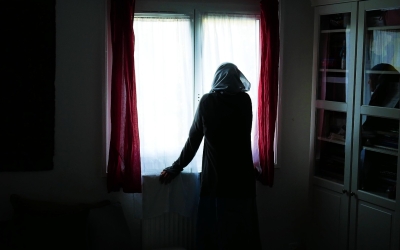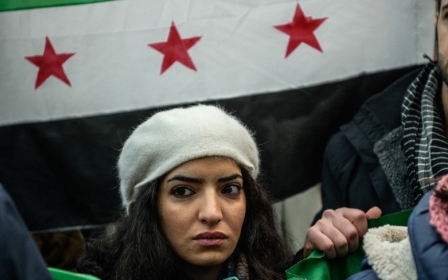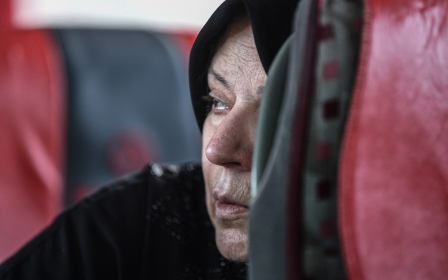Foreign children could languish in Syrian camps for decades, warns NGO

The children of suspected foreign fighters held in camps in northeast Syria could be stuck there for 30 years if repatriations continue at the current rate, Save the Children has warned.
There are more than 25,000 children at al-Hol and Roj camps, and it is more urgent than ever that foreign governments repatriate their citizens, the charity said on Wednesday.
"Children have been stuck in these terrible camps for at least three years now - some even longer. At the rate foreign governments are going, we will see some children reach middle age before they are able to leave these camps and return home," said Sonia Khush, Save the Children's Syria response director.
'The longer children are left to fester in Al Hol and Roj, the more dangers they face'
- Sonia Khush, Save the Children
According to the charity there are some 18,000 Iraqi children and 7,300 minors from 60 other countries at the camps, which the Red Cross has described as a "tragedy in plain sight".
Save the Children said at least eight minors were murdered in al-Hol camp in 2021, while many others died from illnesses contracted from dirty water, poor sanitation, and the dire healthcare available.
New MEE newsletter: Jerusalem Dispatch
Sign up to get the latest insights and analysis on Israel-Palestine, alongside Turkey Unpacked and other MEE newsletters
"The idea of me remaining here for years to come drives me crazy," said Heba, a 12-year-old from Tunisia, who has been living in the foreigners' camp at al-Hol with her mother and four siblings for more than three years.
"I wish I could yell to make my sound heard in Tunisia. I sometimes cry just to let it out."
'Take responsibility and bring them home'
Since the fall of the Islamic State's self-styled "caliphate" in March 2019, Syria's Kurds and the United Nations have repeatedly urged foreign countries to repatriate their nationals held in northeast Syria.
Humanitarian and human rights organisations have also raised concerns about conditions in the camps that have led to the avoidable deaths of hundreds of babies and infants.
But most western countries have refused to repatriate their nationals. Calls by Kurdish officials for the formation of international tribunals for the fighters have also been overlooked.
"These children have done nothing wrong, yet instead of being free to be children - to go to school, play, live in safety and have access to decent shelter, healthcare, nutritious food and clean water - they are trapped in these squalid conditions thousands of miles from their homes, and put at risk on a daily basis," said Khush.
The US has so far repatriated 28 citizens - 12 adults and 16 children - from the camps in Syria, and has prosecuted, or is currently prosecuting, 10 of those adults.
Most European Union member states and other western countries, including the UK and Canada, have so far largely failed to implement policies to bring home their nationals, although some have repatriated children, mostly orphans, on an ad-hoc basis.
The UK has brought back a small number of orphaned children of its citizens - but has refused to consider any still accompanied by their families.
"Of course these processes take time, but every extra minute spent is a minute too long for children living in desperate conditions," said Khush. "The longer children are left to fester in al-Hol and Roj, the more dangers they face. When will leaders take responsibility and bring them home?"
Middle East Eye delivers independent and unrivalled coverage and analysis of the Middle East, North Africa and beyond. To learn more about republishing this content and the associated fees, please fill out this form. More about MEE can be found here.





